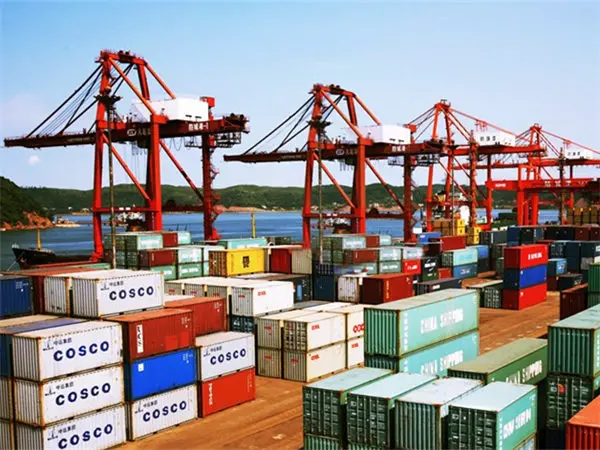In the scorching heat of Xiaoshijiazhuang Village, bare-chested Ma Chen weaves through mountainous heaps of old home appliances: His job is to turn trash into treasure.
Ma has four e-waste processing workshops; two dealing with plastics and motherboards, and two more extracting copper and aluminum.
"E-waste is very profitable," Ma says. He disposes of nearly 30,000 washing machines each month at a net profit of up to 90,000 yuan (14,500 U.S. dollars).
Forty-three kilometers away from downtown Shijiazhuang, capital of China's Hebei Province and one of China's most polluted cities, Xiaoshijiazhuang has been extracting profits from e-trash for two decades. About 40 households are involved in the recycling and dismantling business.
China's affluent consumers are constantly upgrading their electrical and electronic goods and how to handle old products that contain dangerous metals is a real problem.
The United Nations Environment Programme says China produces 2.3 million tonnes of e-waste each year, the world's second biggest producer of this kind of trash after the United States. By 2020, about half of the world's e-trash will come from China.
Driven by huge profits, the semi-illegal industry has grown into a fully fledged pillar of the economy in villages and suburbs of big cities. Beijing alone has 300,000 people processing e-waste.
Scavengers sell e-trash to Naizifang Village in Beijing's northern suburb, which has gradually replaced villages like Dongxiaokou and Houbajia as Beijing's e-waste center.
"We want circuit boards from electrical and electronic goods like laptops and cell phones," says Guo Yuanxiong, a migrant worker in the village. "We can extract 99 percent pure gold from the boards. It is shocking, right?"
E-waste is valuable. Guo estimates that one tonne of circuit boards can produce more than 300g of gold, 5g to 10g platinum, 30g to 50g palladium, 2kg silver, 25kg tin and 130kg copper.
Guo's hometown is Guiyu, a town widely considered the world's e-waste capital, in south China's Guangdong Province, and it is true that e-scrap has brought wealth to some villages, but at considerable cost.
Guiyu covers an area of 50 square kilometers but has fewer than 200,000 residents. Just over 3,000 families are involved in the e-wasteindustry. E-scrap is heaped up in front of houses and the town is suffocated by choking air and stinking river.
Large amounts of gold are indeed extracted and flow into the market from the town every day, sometimes enough to affect the world gold price. Despite these profits, local people are worried.
"We get precious metals, but at a cost of the most serious pollution. We soak circuit boards in strong acid that can contaminate the air and water," said a resident.
Almost nobody plants crops in Guiyu. Everything they eat and drink is brought in from cleaner places.
It is a similar story in other villages which have been sucked into underground e-waste industry. Heavy metals, noxious gases and corrosive liquids have been released randomly, severely polluting the air, soil and water.
In Xiaoshijiazhuang, groundwater cannot be drunk. Villagers have to rely on three 3,000 meter wells. The health risks to local people, especially kids, are astonishing
The Medical College of Shantou University reports that all 165 kids aged one to six in Guiyu have levels of lead in their blood in excess the standard, and the lead level in the soil is 212 times the risk threshold set by the U.S. Environmental Protection Agency. More than 80 percent of primary and middle school students in Guiyu have respiratory ailments.
"I know it is dangerous, but the job is very profitable. What I can do is to make as much money as quickly as possible and then leave town," an unlicensed recycler told Xinhua.
Challenge
The number of small illegal e-waste processors has exploded, leaving the production lines of qualified and legal enterprises almost idle.
There are 91 companies qualified to deal with e-waste in China, but their average capacity utilization rate was just 43 percent last year.
Besides overcapacity, the legal plants lack funds. China has demanded electrical and electronic manufacturers subsidize licensed e-waste dismantlers, but it is not easy to collect the fees from manufacturers, and the subsidies have always been slow to arrive.
 简体中文
简体中文

